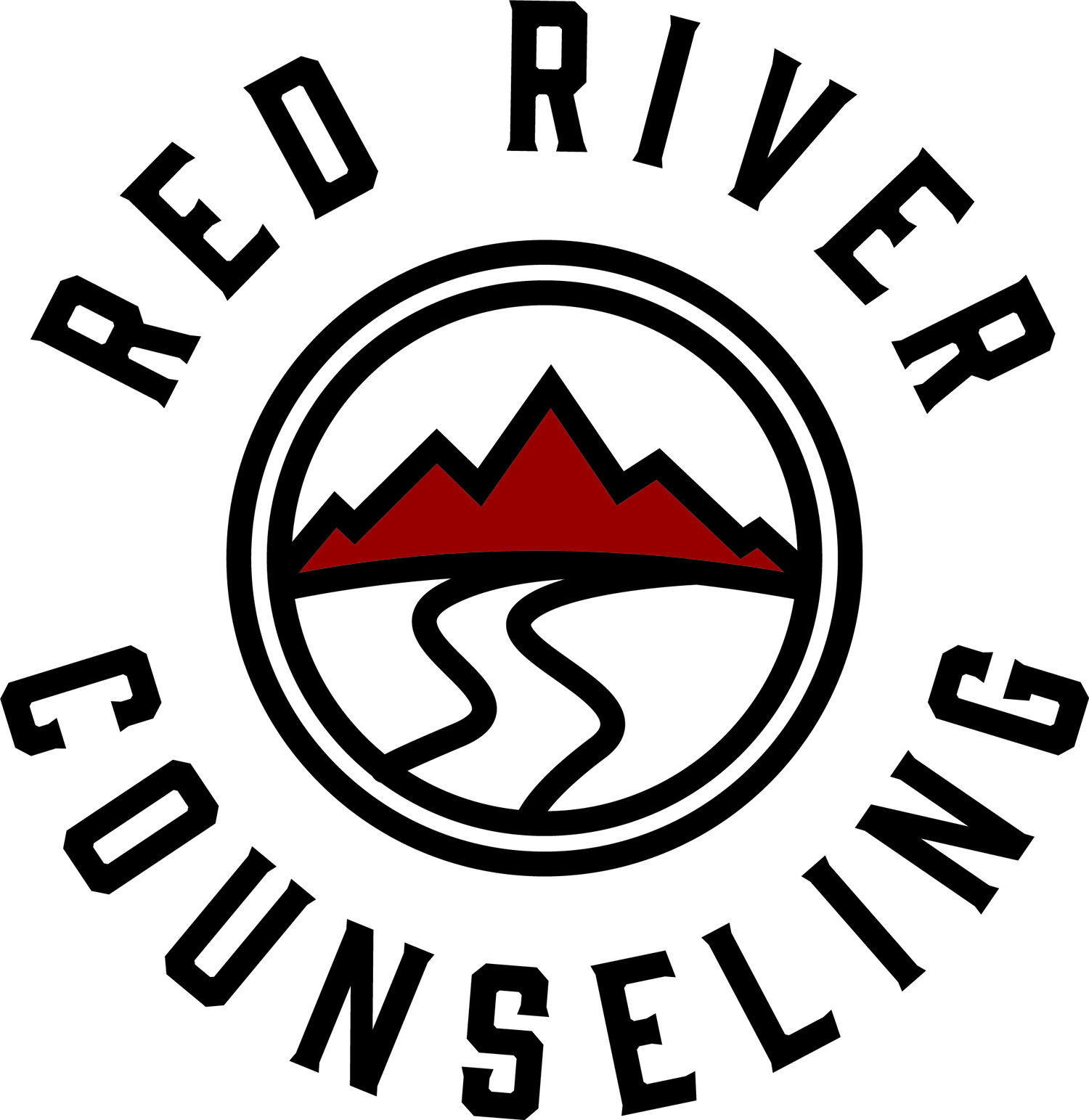Leading True
/What happens when someone leads from a place of self-ignorance?
Or, to put it another way, when you’re unaware of your self, what impact does that have on those you lead?
Here are just a few of the outcomes of leading with your personality on autopilot:
The self unaware leader is surprised when people are hurt by them, hide from them, play them, or leave them.
Self-ignorant leaders are also sensitive to criticism, which makes them incredibly ineffective at leading people well.
They tend to use people without even knowing it.
More often than not, when a relationship ends (be it business or personal), and the other person feels great pain and/or relief, the unaware leader is baffled.
Unaware leaders tend to have a propensity to ‘play the victim’, believing the hurt is always coming from ‘out there’ because they can’t see ‘in here’. Thus, it’s always everyone else’s fault and the system never changes.
“Most leaders focus on ‘How do I lead the group?’, ‘How do I lead others?’…The key is, ‘How do I lead myself.” Ian Cron
Our personality is the way we’re wired to function, get things done, and survive. It’s neither good nor bad, it just is, although we can develop it into a healthy aspect of life, or leave it undeveloped and find that it is often harmful to us and others. When we don’t understand our personality very well, we tend to just think ‘this is the way it is’, and we assume it’s this way for everyone else. So, we lead homogenously.
The problem is, everyone is not the same.
When you lead from a place of self-ignorance, you’ll probably get some folks to follow you, but you’ll leave a lot of your people out in the cold. Chances are, if those people are even slightly healthy or awake, they’ll leave you at some point. This is exponentially worse if you think of yourself as someone without blind spots. When this is the case, you’ll often lead your people right into harm’s way.
I’ve had the pleasure and displeasure of working for leaders in both categories.
I spent years with a leader who was self-aware, meaning that they new their giftedness and their deficits, they had a fairly decent idea of what they thought and why they thought it, and they lived out of a place true to them, and not just to their personality. During this time, I flourished. I lived in the freedom of figuring things out. This leader had my best interest in mind and was set on helping pull out my gifts while also showing me the areas I needed to work on. I felt respected, valued and essential to the company.
I also spent a little over a year with a leader who, for all I can tell, was not self-aware, although they firmly believed they were. They created an environment true to their unhealth, leaving many employees to live in fear and paranoia, which resulted in a lot of hiding and skirting around issues. Truth became filtered through their fears, insecurities and patterns, meaning that their perspective had to dictate your own. In this environment, you weren’t allowed to bring out your giftedness, because that was a direct threat to the security of the leader, but you were instead expected to mimic them and check your ‘self’ at the door.
During this time, I felt exhausted, confused and depleted (and a little crazy).
Rather than having my best interests at heart, the primary focus was on serving the company (ie – the leader), to the detriment of the employee. Instead of building up my gifts, this leader sought to downplay them and focus, rather, on areas they projected as being my deficits. As it turns out, those areas of perceived detriment were exactly the flaws in this leader that drove me to leave the company.
I had to spend a good amount of time with people who have known me deeply for many years before I could believe I wasn’t crazy, as the self-ignorant leader led you to believe, but instead, that the company was toxic due to their unhealthy unawareness.
A Word to Leaders
Leaders, and those aspiring to lead, before you try to gather a following, be sure to get to know yourself first. Find out your fears, insecurities and patterns. This will take more than just seeing a counselor (although that’s helpful). This will take you being mentored by others who care about you enough to tell you both your strengths and weakness, your superpowers and your kryptonite. And….you’ll never outgrow this. If you desire to lead a group of people, and you’re not in a group where you are being seen for who you really are, mentored into greater health, called out for your BS, and being led - you’re in an incredibly dangerous place.
Find a group. Get into counseling. Develop a mentored life.
If you’re interested in delving into deeper self-awareness, I’d recommend the following books for a start:
“The Road Back to You” by Ian Morgan Cron
“The Path Between Us” by Suzanne Stabille
“Self to Lose, Self to Find” by Marilyn Vancil
Also, check out this podcast discussion between Don Miller and Ian Cron on the Enneagram as it relates to leading in business.

